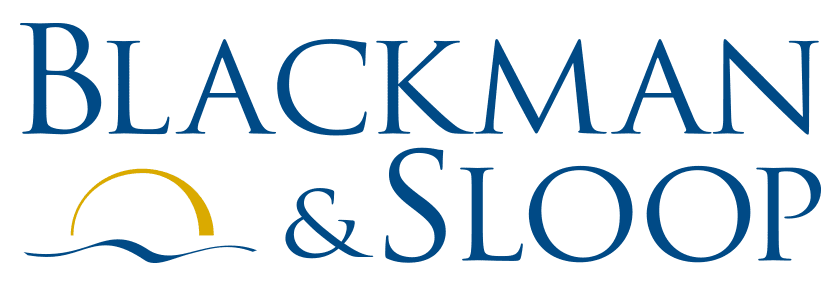Other Items to Note
SINGLE AUDIT SUBMISSION EXTENSION
The Office of Management and Budget (OMB) issued Memo M-20-21 (Memo) that instructs federal awarding agencies to allow recipients and subrecipients that have not yet filed their single audits with the Federal Audit Clearinghouse (FAC) as of Mar. 19, 2021 (the date of the Memo) with fiscal year ends through June 30, 2021, an extension to delay the completion and submission of their single audit reporting package for up to six months beyond the normal due date.
No action is needed by federal awarding agencies to enact this extension. Recipients and subrecipients do not need to obtain approval to utilize this extension. However, as with past extensions, recipients and subrecipients need to maintain documentation of the reason for the delayed filing.
Recipients and subrecipients who take advantage of this extension would still qualify as a “low-risk auditee” for their next year’s audit.
It is important to note that this new 6-month extension is longer than the 3-month extension included in the OMB Compliance Supplement Addendum (Addendum). In addition, this extension applies to all single audits. The prior extension noted in the Addendum was only available to those who received COVID-19 funds.
OMB Compliance Supplement Addendum
OMB issued the long awaited Addendum to the Compliance Supplement on Dec. 22, 2020. The Addendum includes information on certain COVID-19 stimulus funds including the Provider Relief Fund, Coronavirus Relief Fund and the Education Stabilization Fund.
FASB Approves Goodwill Alternative for Nonprofits
On Mar. 30, 2021 the Financial Accounting Standards Board (FASB) issued Accounting Standards Update (ASU) 2021-03, Intangibles – Goodwill and Other (Topic 350) Accounting Alternatives for Evaluating Triggering Events. This ASU makes a change to the accounting rules for nonprofits and private businesses that will help reduce the costs and complexity for accounting for goodwill.
Goodwill is often recorded when one entity purchases another entity for more than the value of the existing physical assets. Under the current accounting rules, entities must monitor and evaluate whether what is known as a triggering event may have occurred that could result in the value of the goodwill recorded being impaired.
Issues around identifying triggering events has become more apparent during the pandemic because of ongoing economic uncertainty.
For the majority of nonprofits and private companies this analysis is likely only performed annually at the date that the financial statements are prepared. The current accounting guidance that requires the assessment of a potential impairment as of the interim date creates difficulties for these entities.
This ASU will permit all nonprofits and private companies to utilize the option to perform the identification and evaluation of a triggering event for goodwill impairment as required by Accounting Standards Codification (ASC) 350-20 to be completed at either the end of a quarterly or annual period in line with their standard reporting periods. An entity that elects this alternative would not be required to monitor the goodwill impairment triggering event in interim periods but would instead evaluate the facts and circumstances as of year-end to determine whether it is more likely than not that goodwill is impaired.
The ASU is effective on a prospective basis for annual reporting periods beginning after Dec. 15, 2019. Early adoption is permitted for financial statements that have not yet been issued or made available for issuance.
This ASU is separate from a larger goodwill project that the FASB is working on, in which it is considering a requirement that entities write down a set portion of goodwill each year, instead of testing for potential impairment annually.
FASB REMOVAL OF CONSOLIDATION OF A NOT-FOR-PROFIT ENTITY BY A FOR-PROFIT SPONSOR FROM TECHNICAL AGENDA
The FASB (the Board) decided to remove the project related to consolidation of a not-for-profit entity by a for-profit sponsor from its technical agenda. The Board’s research determined that this situation is not sufficiently pervasive to amend generally accepted accounting principles. The project was initially added to the agenda because based on initial research it was noted that there was diversity in practice and that for-profit sponsors predominantly do not consolidate sponsored not-for-profits in their financial statements.
Updates to IRS Mandatory E-filing Requirements for 2021
The IRS provided an update to mandatory e-filing requirements for 2021 in its Exempt Organizations (EO) Update. The updates noted are as follows:
- Tax year 2020 Forms 990-T and 4720 are being revised and will be available for e-filing in 2021.
- Transitional relief is available for Form 990-EZ for tax years ending before July 31, 2021.
- Forms 990 and 990-PF or tax years ending on and after July 31, 2020 must be filed electronically.
This article originally appeared in BDO USA, LLP’s “Nonprofit Standard” newsletter (Spring 2021). Copyright © 2021 BDO USA, LLP. All rights reserved. www.bdo.com
